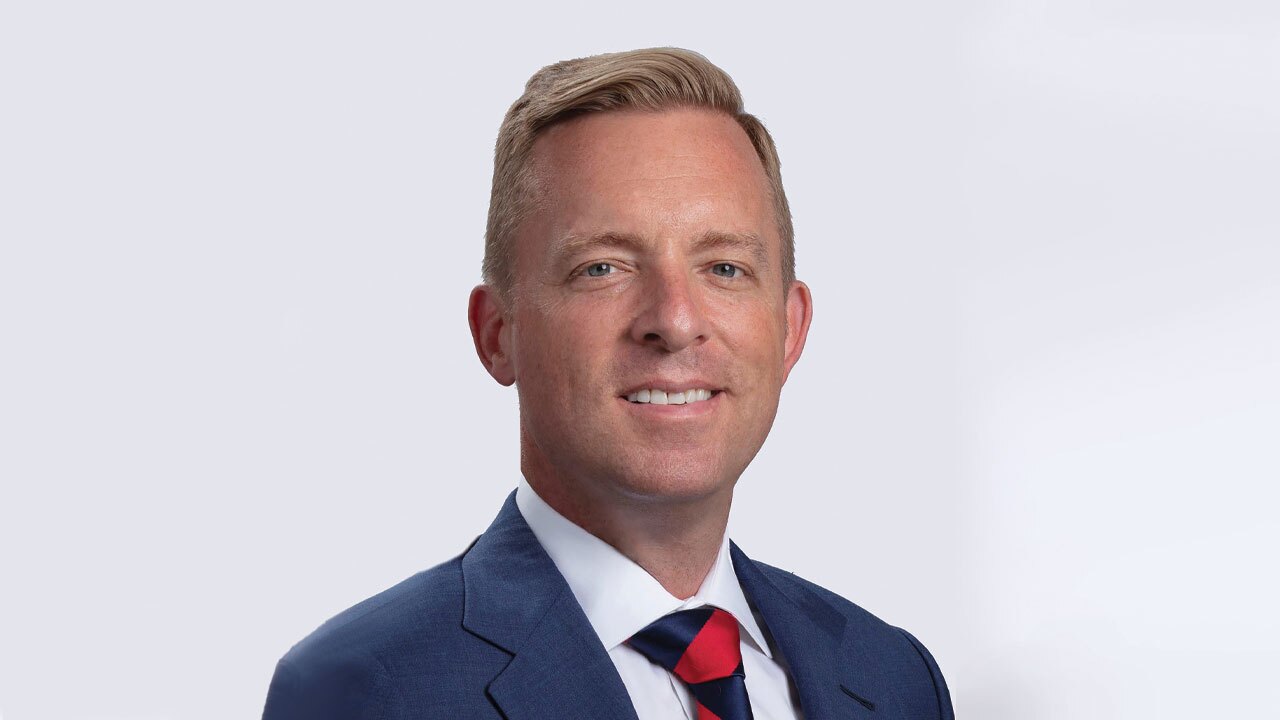Community banks, lending to customers they know, averted the hits to first-quarter earnings inflicted on their larger brethren by credit-quality woes, but many are likely to see profits over the next quarter damaged by falling interest rates.
The first quarter was a banner period for many small banks. In earnings reports released in the last two weeks, community banks of all sizes have reported steady and even double-digit growth in deposits, loans, and net income. Large banks' earnings, meanwhile, often fell short of or just met analysts' expectations.
"Community banks have always focused on local lending and local customers, and in many parts of the country their customers are still healthy and strong and expanding their businesses," said Gerard S. Cassidy, managing director at Tucker Anthony Sutro Capital Markets in Portland, Maine.
But even pristine asset quality cannot protect small banks from profit stress during a period of declining interest rates, since their primary revenue comes from interest-bearing loans.
Mark Fitzgibbon, an analyst at Sandler O'Neill & Partners in New York, said the four rate cuts by the Federal Reserve this year will undoubtedly affect community banks' second-quarter earnings.
"I can tell you firsthand, we've talked to dozens of community banks over the past week and seem to hear the same theme," said Mr. Fitzgibbon. "These institutions are being forced to reprice assets downward because their loans are tied to prime or Libor, and they're getting squeezed at the margins."
Interest income fueled the rise in earnings at Mercantile Bankshares in Baltimore, which reported first-quarter net income of $41.6 million, an 11.5% increase. "Loan growth has been extremely strong and returns have held up," said Edward J. Kelly 2d, president and chief executive of the $9.1 billion-asset holding company for 21 banks. Its loans rose 16.8%, to $6.7 billion.
Though community banks are not immune to the bad loans plaguing bigger banks, Mr. Kelly said, they have an advantage in dealing with credit-quality issues, "given how close they are to their customers."
Small banks tend to have fewer loan chargeoffs and better asset quality than larger ones, analysts say. "Smaller banks are much more fleet of foot than the larger banks," said Mike Niehuser, an analyst at Redchip.com in Portland, Ore. "There may be only one party between the bank president and the customer, so smaller banks can react faster to problems."
At $3.9 billion-asset Southwest Bank of Texas in Houston, where net earnings were up 23%, to $12.5 million, asset quality actually improved during the quarter. Nonperforming assets totaled $8.5 million, or 0.34% of loans, compared with 0.43% in the fourth quarter. By contrast, nonperforming assets at larger institutions, such as Bank of America Corp. or FleetBoston Financial Corp., exceeded 0.80% of loans.
Coastal Bancorp, another Houston banking company that said it has refused to compromise underwriting standards, had chargeoffs of $1.25 million, or 0.06% of loans. However, nonperformers totaled $22 million, or 1.1% of all loans. Catherine Wylie, Coastal's chief financial officer, said the $3.1 billion-asset company - where net income rose 17.9%, to of $4.6 million - has passed up business rather than risk putting bad assets on its books.
Though community banks are not immune to a severe downturn, they are considered an attractive investment at this point in the economic cycle, said Mr. Cassidy. The American Banker index of the top 150 community bank stocks is up 9.59% this year, compared to a 1.58% decline in the top-50 bank index.
"Unless the economy goes into a true recession with unemployment at 6%, community banks are a great place to hide out the next six to nine months as the economy continues to struggle with growth," he said.
Of course, he added quickly, if there is a "true recession, the best place to hide out is cash."
Katie Kuehner-Hebert and John Reosti contributed to this article.





